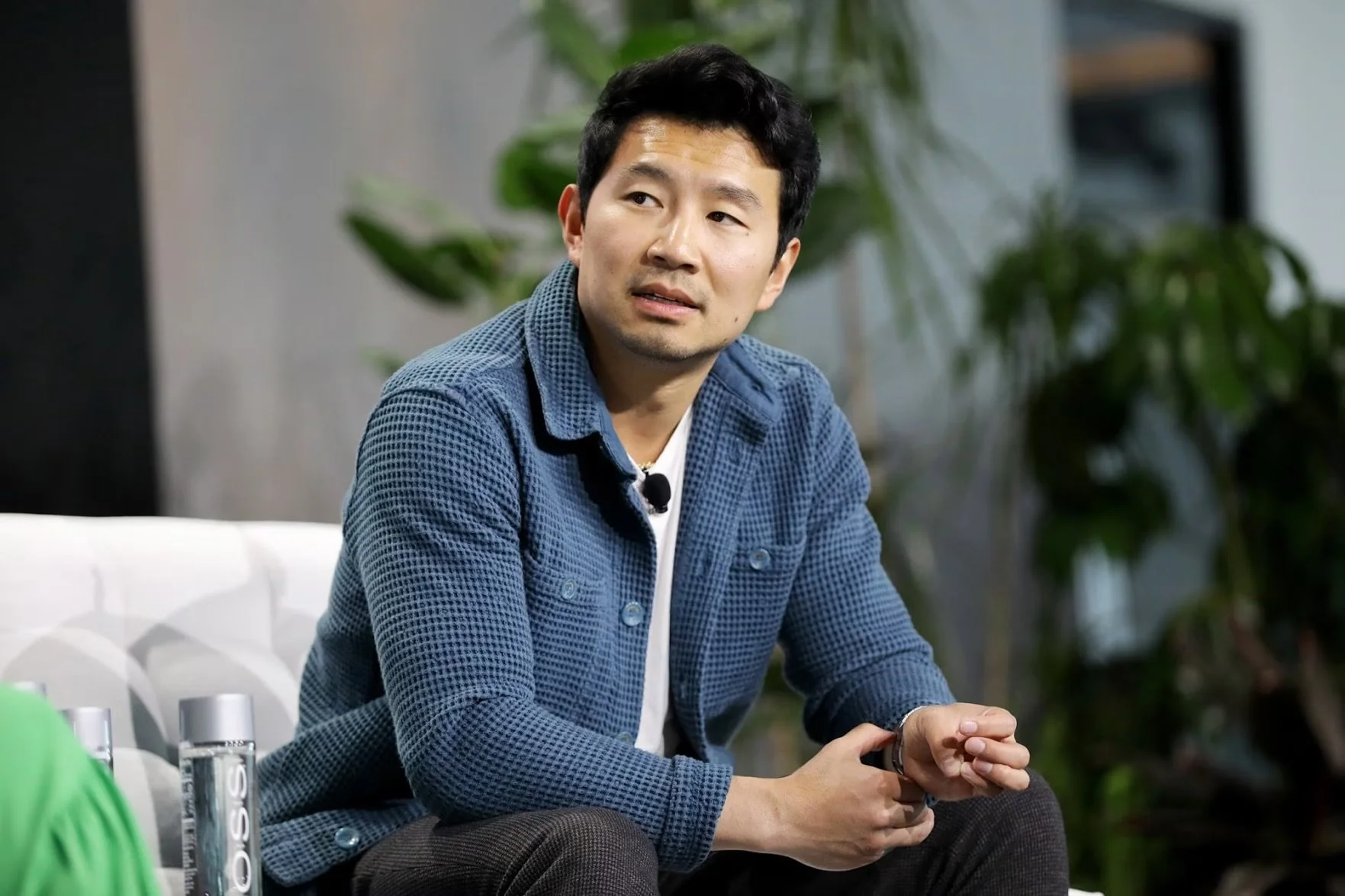OPINION | Simu Liu And The Bubble Tea Business
Photo Credit: JP Yim/Getty Images via NBC
Simu Liu, an actor best known for his work as the Marvel hero Shang Chi and Ken in the Barbie movie, has been making headlines for his recent criticism of a small Quebec company called “Bobba.” In an October episode of CBC’s investment-pitch show Dragon’s Den, Liu clashed with the Quebec entrepreneurs. His concern was about the cultural appropriation of an Asian product.
In collaboration with a partner in Taiwan, Bobba produces canned bubble tea and unique popping boba, sold in Canadian grocery and convenience stores. Bobba was looking for an investment of one million dollars in exchange for an 18 per cent share of their company, in order to expand to the US market and access expertise on supply chains and marketing. While most of the cast was intrigued by the company’s pitch, Liu seemed disgusted.
Let’s be clear: there were a few problems with Bobba's pitch. They relied on some problematic tropes about Asian cuisine as being unknown, foreign, and unhealthy, describing bubble tea as “that trendy sugary drink you queue up for and you are never quite sure about its contents.”
And yes, their marketing could use some work — for example, their origin story seemed pretty opportunistic and purely motivated by money. Instead, they could have described bubble tea as part of the unique Canadian experience of having access to many diverse cultures, right at home.
However, this is an investment show, and their pitch on the money front was solid. In Bobba’s first year of business, they had a million dollars in sales, and a profit of $300,000. With this kind of growth, an investment in Bobba would seem like a no-brainer, or at least a lucrative opportunity.
Not for Liu. After trying the product, he said, “I'm concerned about this idea of disrupting, or disturbing bubble tea. But then there is the issue of cultural appropriation. There is an issue of taking something that is very distinctly Asian in its identity and quote unquote making it better, and that is something I have an issue with.”
This allegation of cultural appropriation is serious. Defined by Britannica as the “adoption of certain language, behavior, clothing, or tradition belonging to a minority culture by a dominant culture or group in a way that is exploitative, disrespectful, or stereotypical,” cultural appropriation is a harmful practice which progressive individuals should certainly be aware of and avoid engaging in.
But if we look strictly at this definition, can we say that it describes this particular situation? Is Bobba exploiting their business partner in Taiwan? Is a small Quebec company the dominant party, or the minority when compared to “Asia,” as Liu describes it? And while Bobba stumbles a bit when they describe their value proposition, their success wholly depends on celebrating bubble tea and getting consumers excited to try it.
This makes me wonder: is this really an example of cultural appropriation, or is Liu simply committing cultural gatekeeping? In Liu’s accusation and argument, I see hallmarks of the latter: a selective permission that stunts growth, sharing and change within or between cultures. Liu ignores the fact that there is a Taiwanese participant in Bobba’s venture who is presumably profiting from it. He doesn’t provide any reasonable argument as to why a small Quebec company can’t participate in developing North American enthusiasm for bubble tea. And then there’s the question of why Liu doesn’t object to other cross-cultural companies and products. Would take issue with all the canned espresso drinks in Tokyo convenience stores because he sees them as a Japanese appropriation of Italian culture? It’s silly.
What’s not silly is that Liu’s sighs, exasperation, and cultural gatekeeping have resulted in real-world harm to Bobba’s business. He is a famous Hollywood star, and his fans reacted in a big way. Dragon’s Den investor Manjit Minhas was harassed online after the show because she said she would invest, leading her to ultimately withdraw her offer from the company. The owners of the company have even received death threats, and have been forced to publicly apologize to stop the damage. Shang Chi punched down a small Canadian business, and there is no heroism in that.

